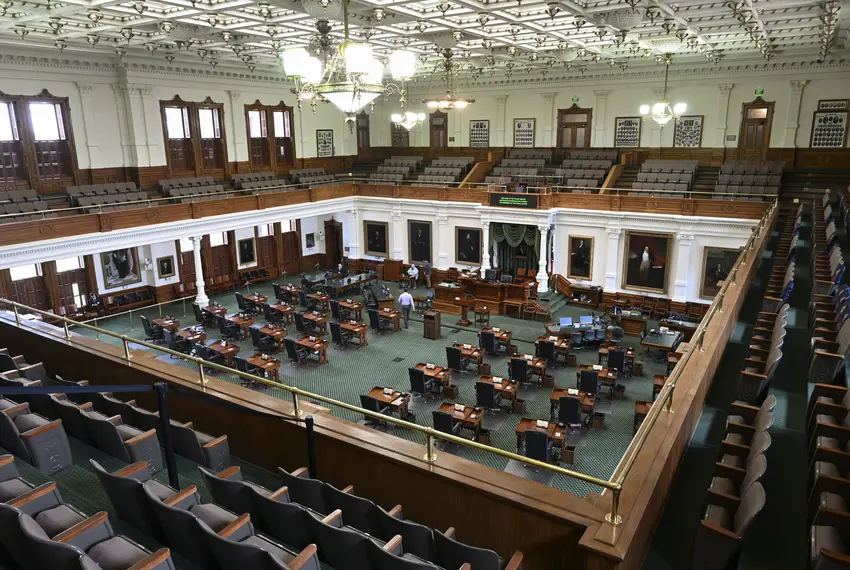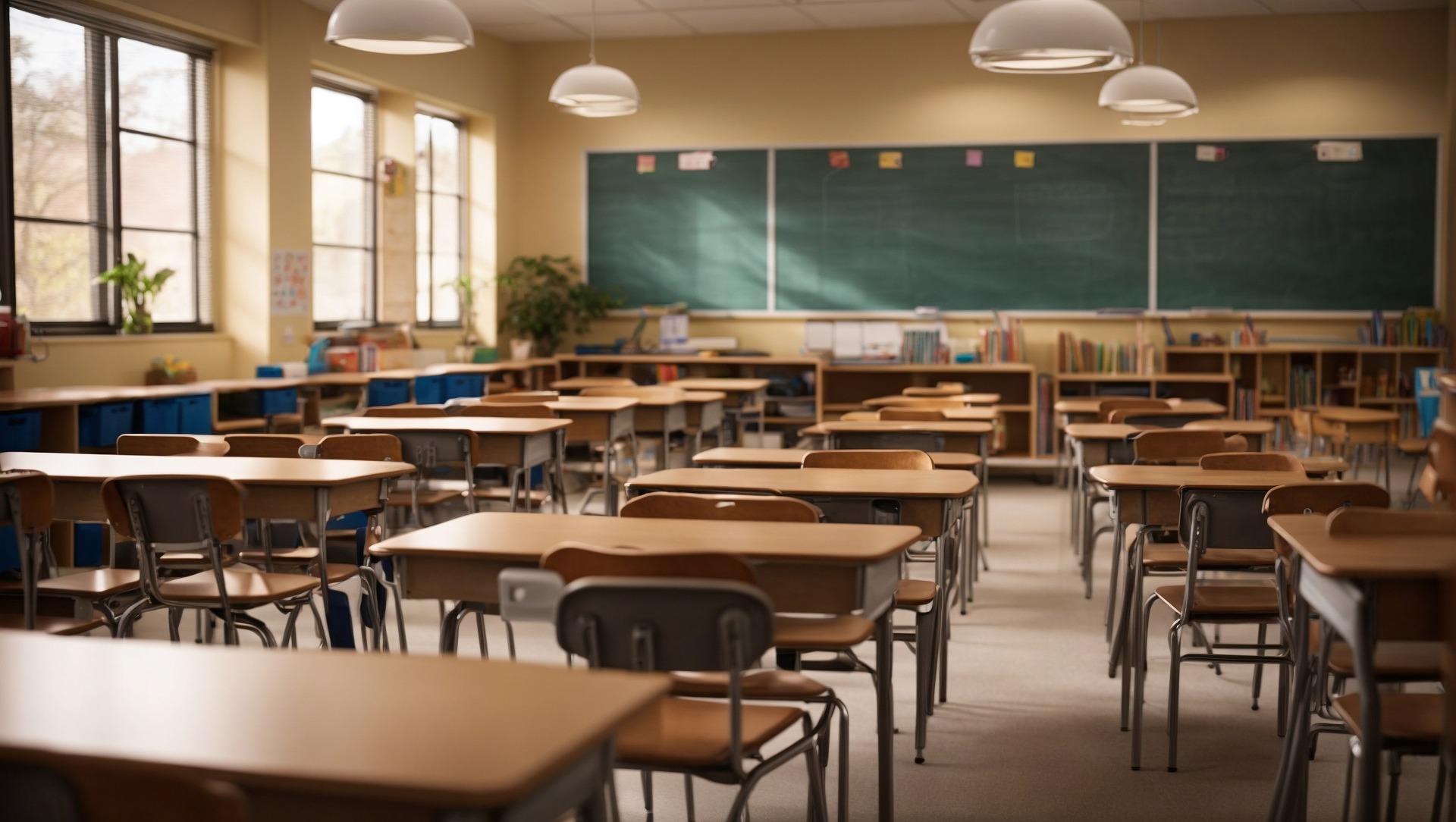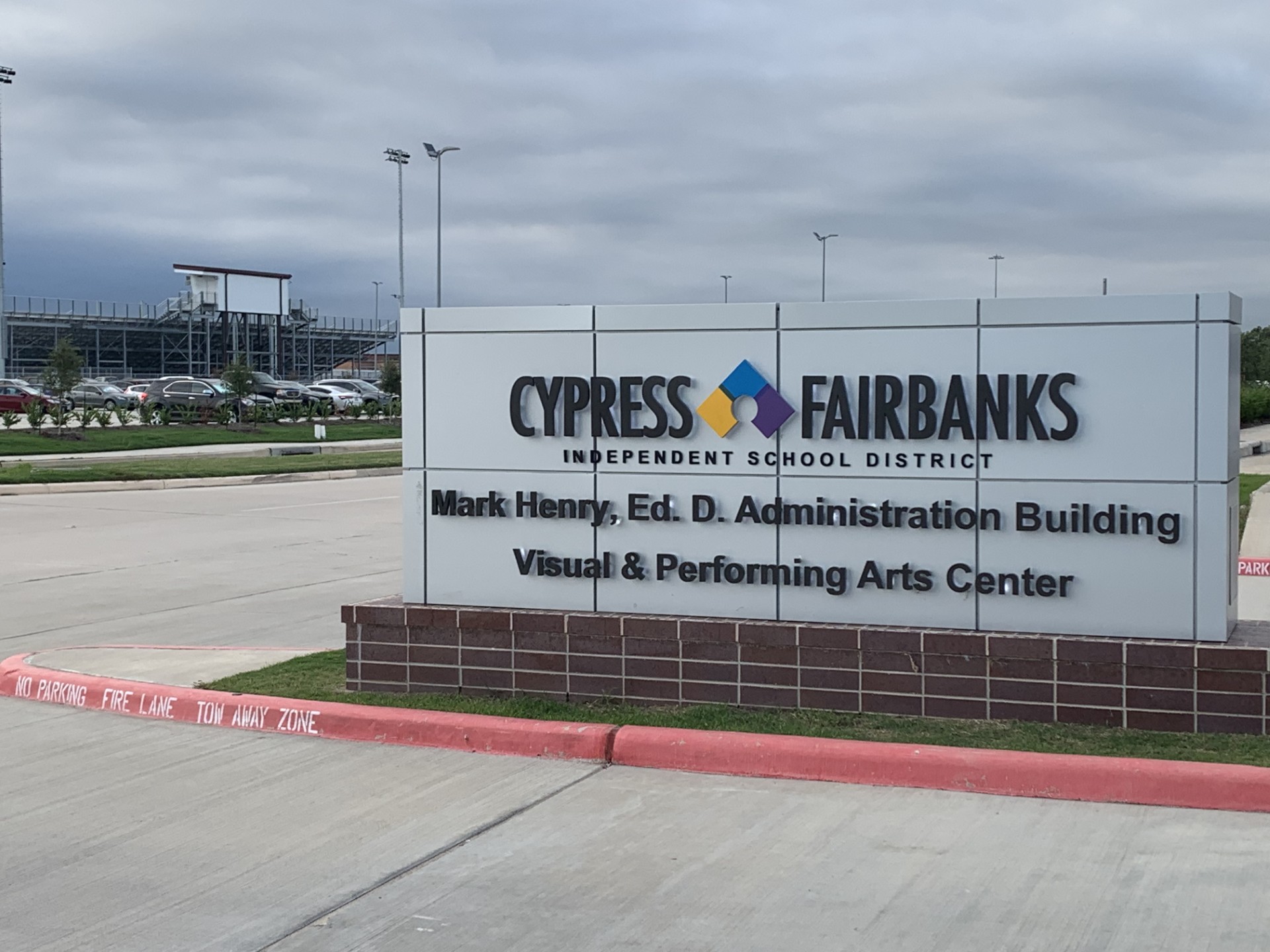With the filing of Senate Bill 2, Republicans in the Texas Senate presented their plan for a program akin to school vouchers on Friday. Families would be able to utilize $10,000 of state funding per student for private school tuition and other authorized educational expenses through the creation of education savings accounts, or ESAs, under the measure.
For years, Governor Greg Abbott has made developing a voucher-like program for Texas a high priority. Following last November’s election, attempts to adopt the proposal—which was unsuccessful in the 88th Legislative session and many special sessions in 2023—had a far better chance of succeeding this year. The Texas House, where similar bills languished last session, has a number of new pro-voucher Republicans.
Importantly, the House indicated earlier this week that it was more in favor of vouchers of some kind when it released a budget proposal that, like the Senate’s, included $1 billion for the program.
The Senate Education Committee’s chair, state senator Brandon Creighton (R-Conroe), stated, “We are totally committed to passing universal, comprehensive school choice legislation this session, ensuring every Texas family has access to the educational opportunities they deserve.” “It’s time for Texas to join the 32 other states that already empower parents and students with greater educational freedom.”
According to Next Generation Texas campaign director Mandy Drogin, the measure would create “the largest day one ESA program in the nation.”
What Senate Bill 2’s voucher-like program comprises
Under SB 2, all students in Texas would be eligible for ESAs, regardless of whether they are currently homeschooled, enrolled in private or public schools, or both. The law states that if the program receives more applications than it can handle, a lottery will be used to fill 80% of the slots among low-income or disabled pupils who have previously attended public school. All qualifying applicants would be chosen in an open lottery to fill the remaining 20%.
A child who attends a private school will earn $10,000 year under SB 2, or $11,500 if the student has a disability. According to David DeMatthews of the University of Texas at Austin, one of the proposal’s opponents, these sums are probably significantly less than what is required to fund a private school education.
“That is a joke of an amount of money difference for our students with disabilities,” DeMatthews, an associate professor at UT-Austin’s Department of Educational Leadership and Policy, stated.
Even while the sum might appear high, DeMatthews stated that it wouldn’t assist parents in paying for all of the expenses related to private education. He is concerned that this will result in, “the creation of a dollar system where public schools will be educating virtually every child with a disability, especially a child with autism or an intellectual disability.”
DeMatthews also told The Texas Newsroom that there is little accountability for private schools in the Senate’s measure. Under the measure, ESA program participants would have to complete an assessment that is compared to national norms. According to Matthews, it would be difficult for parents to make comparisons or monitor progress because it wouldn’t be readily comparable to the state’s standardized tests.
Creighton is the chair of the Senate Education Committee, which has already received SB 2. Before the legislation is discussed and decided upon in the full chamber, it must first be voted out of committee.
Unless the governor declares a bill an emergency item, the Texas Legislature is prohibited by state law from passing any legislation within the first sixty days of its session. When vouchers failed to clear the House in 2023, Abbott declared them an urgency item at the start of the final normal legislative session and scheduled three separate special sessions to address the matter.




